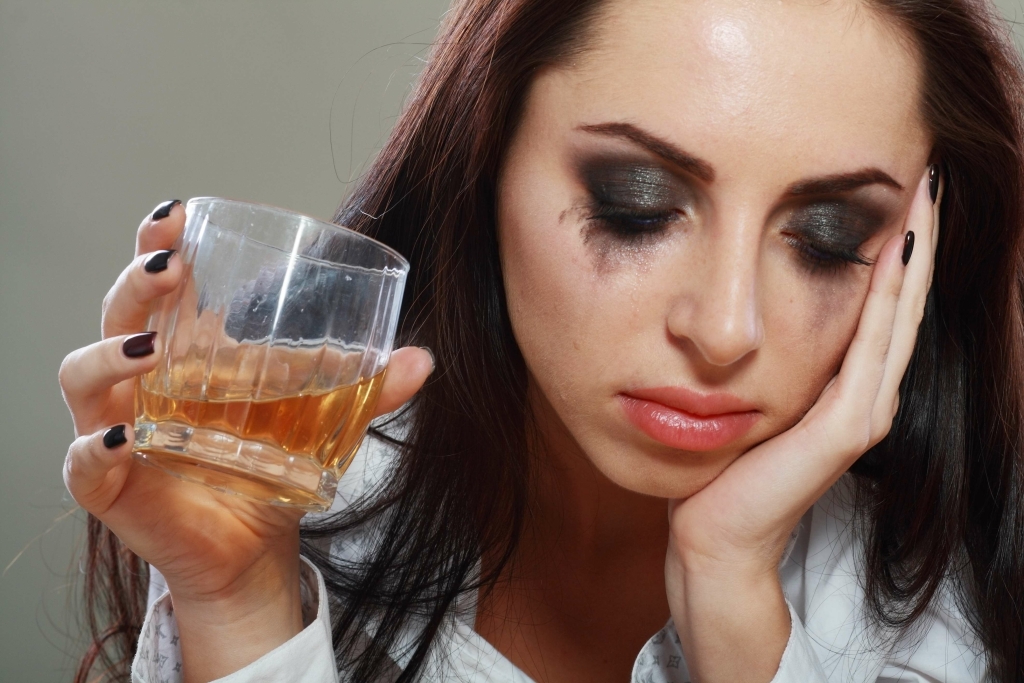Large-scale research suggests that drinking alcohol in older age may lower mortality risk. However, the scientists are cautious about potential biases in their own research and say that more research is necessary. The good news is, as you remove alcohol use, your body starts to hydrate and correctly absorb nutrients — and your hair begins to repair itself! Many people in recovery report shinier, fuller hair now that they are sober. As the human body’s largest organ, skin performs several essential functions. Your skin is responsible for immunity, sensation, vitamin D production, temperature regulation and protection from microorganisms, disease and toxins.
Long-term hefty drinking has actually been linked to depression as well as anxiety, which are frequently intensified by the absence of good-quality sleep. Alcohol can make you look older than your actual age because of its detrimental effects on your skin and general appearance. When consumed over time, alcohol creates dehydration, which brings about creases, sagging skin, and a dull complexion. This delayed healing response contributes to inflammation, chronic pain and recurrent infections. This can affect your personality, making you act and feel older than you are.
What happens to your skin when you stop drinking alcohol?
Men should not have more than two drinks a day and women only one. Drinking less alcohol is better for health than drinking more. Although it is common for a person to lose a few hairs each day, excessive drinking can cause severe hair loss. In fact, there is no direct link between alcohol consumption hair loss. However, scientists believe that drinking heavily may lead to nutritional deficiencies or hormonal problems that affect a person’s hair. For example, too much alcohol in the body may prevent the absorption of zinc, copper, and protein.
Of course, most people don’t want to look 10 years older, but the fact is alcohol makes you look much older than you really are. The analysis revealed that moderate and occasional drinkers had lower death rates than abstainers. Since that year, researchers collected information on the participants’ drinking habits and interviewed them twice a year, every year, from 1998 through 2014. Drinking makes your face look puffy, tired and older than your actual age. At North Jersey Recovery Center, we strive to make your addiction treatment experience as comfortable as possible.
Alcohol and Aging: Does Drinking Make You Look Older?
When you consume alcohol, the peripheral blood vessels expand and blood flow to the surface of your eyes increases. Dehydration and visible blood vessels make your eyes red and dull. Without question, there are countless advantages to sobriety.

However, quitting alcohol can have a positive impact on your skin’s appearance and health, contributing to a fresher and more youthful look,’ adds Xu. ‘Studies have shown that AGEs hinder the production of collagen and elastin, resulting in reduced cell renewal and repair. So, on the skin, this would mean a discoloured, dull complexion.’ Moreover, not only does the glucose make the skin cells abnormal, it creates free radicals. The high levels of salt and sugar content in your alcoholic beverage, may trigger the hormone IGF-1, which causes an over-production of oil in your skin.
Skin Changes
Once a person has identified a problem and wants treatment, it may be possible to reverse certain signs of aging that come from abusing alcohol. It is advised to eat a balanced diet so that adequate nutrition returns to the body. Also, it is essential to drink plenty of water so that dehydration is no longer an issue.
This can lead to anxiety (known as ‘hangxiety’) in the days after your sesh. Ultimately, drinking alcohol can cause dry skin, dark circles, decreased elasticity and skin flushing. But what are the benefits https://ecosoberhouse.com/ of cutting out booze for 31 days and beyond? WH spoke to the experts to find out how your alcohol intake can directly impact your your healthy glow and what happens once you put that tipple down.
The effects of alcohol change as we age
If you know there’s going to be more than one margarita on the cards, a little prep beforehand could come in handy for the following day. It’s the oldest trick in the book and probably the most effective one, too. For every drink you consume, have a large glass of water before moving on to does alcohol make you look older your next. Coconut water is also a good option, given its high electrolyte content. It disrupts your circadian rhythm, aka your internal body clock. When you don’t get a full night’s sleep, you don’t go through as many sleep cycles, so the hormone somatropin doesn’t spike like it should.
- This is why oftentimes when someone is drunk they get bloodshot eyes.
- This is because the liver’s ability to break down the toxins in alcohol slows down.
- Alcohol addiction takes a toll on every aspect of your personal and professional life.
- This is especially true when it comes to alcohol abuse and addiction.
- Many people in recovery report shinier, fuller hair now that they are sober.
For example, young people who drink regularly have been shown to perform poorly in tests of executive function. While it might not much attention, alcohol and aging is a real thing. Over time, heavy alcohol use can result in changes to the skin. This is because of the damage that alcohol can do to the body’s organs as well as chemicals in the body. Let’s take a look at some of the ways that alcohol affects the aging process. Let’s also take a look at why, as you get older, drinking alcohol may affect you differently.
If you drink too much, the blood vessels can burst, causing red spots and spidery splotches. Older drinkers are maybe even more likely to experience this. Therefore, drinking alcohol can compound the natural effects of aging. Chronic drinking has actually been linked with liver disease, which can reduce metabolic processes causing even more weight gain.